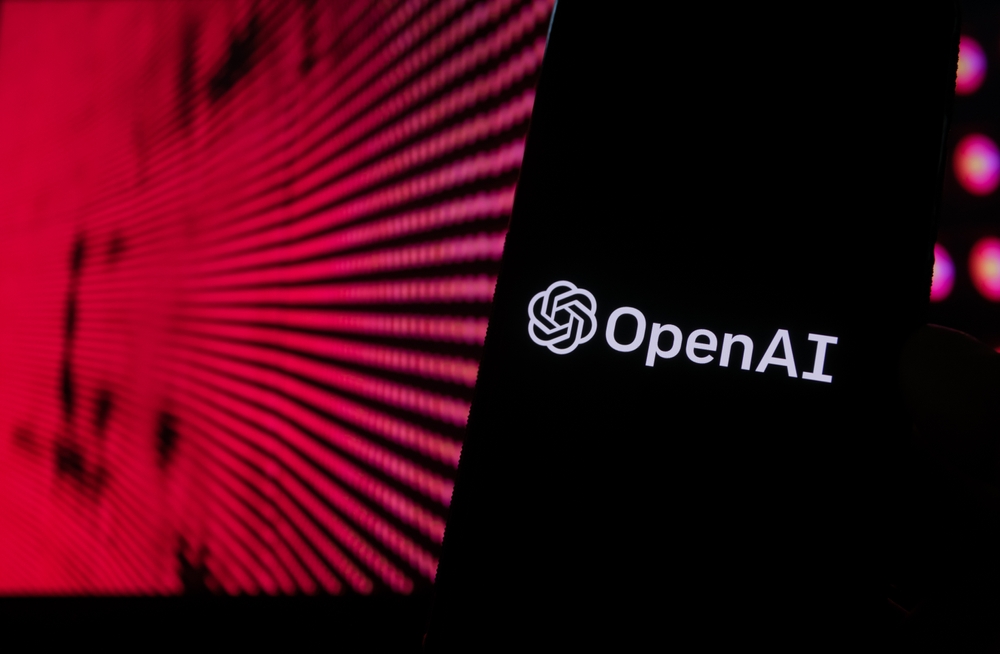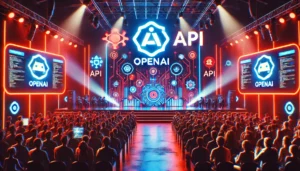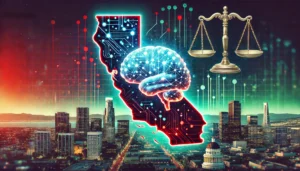An AI company called VERSES made a bold statement with a billboard it posted outside OpenAI’s headquarters in San Francisco. The billboard read, “Got AGI? Would you like to?”
Along with the billboard, VERSES published an open letter to OpenAI in The New York Times. The letter invites OpenAI to collaborate on what VERSES claims is the most promising path to Artificial General Intelligence (AGI).
The VERSES AI Research Lab is headed by noted British Neuroscientist Dr. Karl Friston who is also a Professor of Imaging Neuroscience at University College London.
In the letter, VERSES CEO Gabriel René says that while foundational models, such as GPT-4, have made amazing progress “they will not lead to AGI that is adaptable, safe or sustainable.”
AGI, an AI that can understand, learn, and apply its knowledge as efficiently and flexibly as a human being can, is the stated goal of OpenAI. At the Hawking Fellowship Award event at Cambridge University last month, OpenAI CEO Sam Altman said, “We need another breakthrough” to achieve AGI.
VERSES claims its Active Inference approach to creating intelligent agents is that breakthrough.
The letter calls on OpenAI to honor the commitment it makes in its charter, which says that “if a value-aligned, safety-conscious project comes close to building AGI before we do, we commit to stop competing with and start assisting this project.”
It’s unclear if someone at VERSES tried calling OpenAI before going the open letter and billboard route. Maybe Sam’s DMs were turned off. There’s been no comment from OpenAI or Altman thus far.
VERSES Identifies New Path to AGI and Extends Invitation to OpenAI for Collaboration via Open Letter @nytimes. https://t.co/s1JU4rrYM8 pic.twitter.com/KZxn1D7qOe
— helloVERSES (@helloVERSES) December 19, 2023
Active Inference and Free Energy
VERSES says that in the pursuit of AGI, deep learning is not enough. Friston and his research team developed an alternative approach, known as Active Inference. VERSES says Active Inference is “founded on first principles and guided by nature’s blueprint for intelligence in biological systems.”
In 2022, Friston and a long list of notable academics published research papers on Designing Ecosystems of Intelligence from First Principles and The Free Energy Principle for Perception and Action: A Deep Learning Perspective.
Professor Cathy Price, Director of the Wellcome Centre for Human Neuroimaging, is referenced in both papers. She says the research center, where Friston is the Scientific Director, uses its “expertise to investigate how the human brain generates behavior, thoughts, and feelings.”
This research forms the basis of the developments VERSES says it’s made. These are extremely complex papers but here’s an attempt at a simple explanation of what underpins the breakthrough.
The Free Energy Principle suggests that biological systems, such as the human brain, try to minimize something called “free energy”. Free energy is a measure of the difference between what a brain perceives via sensory input and what it expects based on its model of the world.
Active Inference is the brain’s process of adjusting its internal model to minimize free energy. It not only adjusts its model to better predict the world but also acts in ways that make the world more predictable and aligned with its expectations.
We don’t like surprises or uncertainty. So, if your brain expects one thing to happen but something different happens, then you moderate your expectations of the real world. If we can make an AI that does this then we’ll have a self-learning agent that needs very little input to get started.
Bold claims
VERSES claims that it recently achieved a significant breakthrough in Active Inference. It says that the intelligent agents it created match and often surpass the performance of state-of-the-art deep learning.
That’s a bold claim considering the company is essentially saying its models beat GPT-4 and Gemini.
VERSES says these agents use “orders of magnitude less input data and are optimized for energy efficiency, specifically designed for intelligent computing on the edge, not just in the cloud.”
Has VERSES just announced the breakthrough that will deliver AGI? If so, it will be interesting to see if OpenAI continues pursuing its own path, or keeps its word and supports a more promising project.





